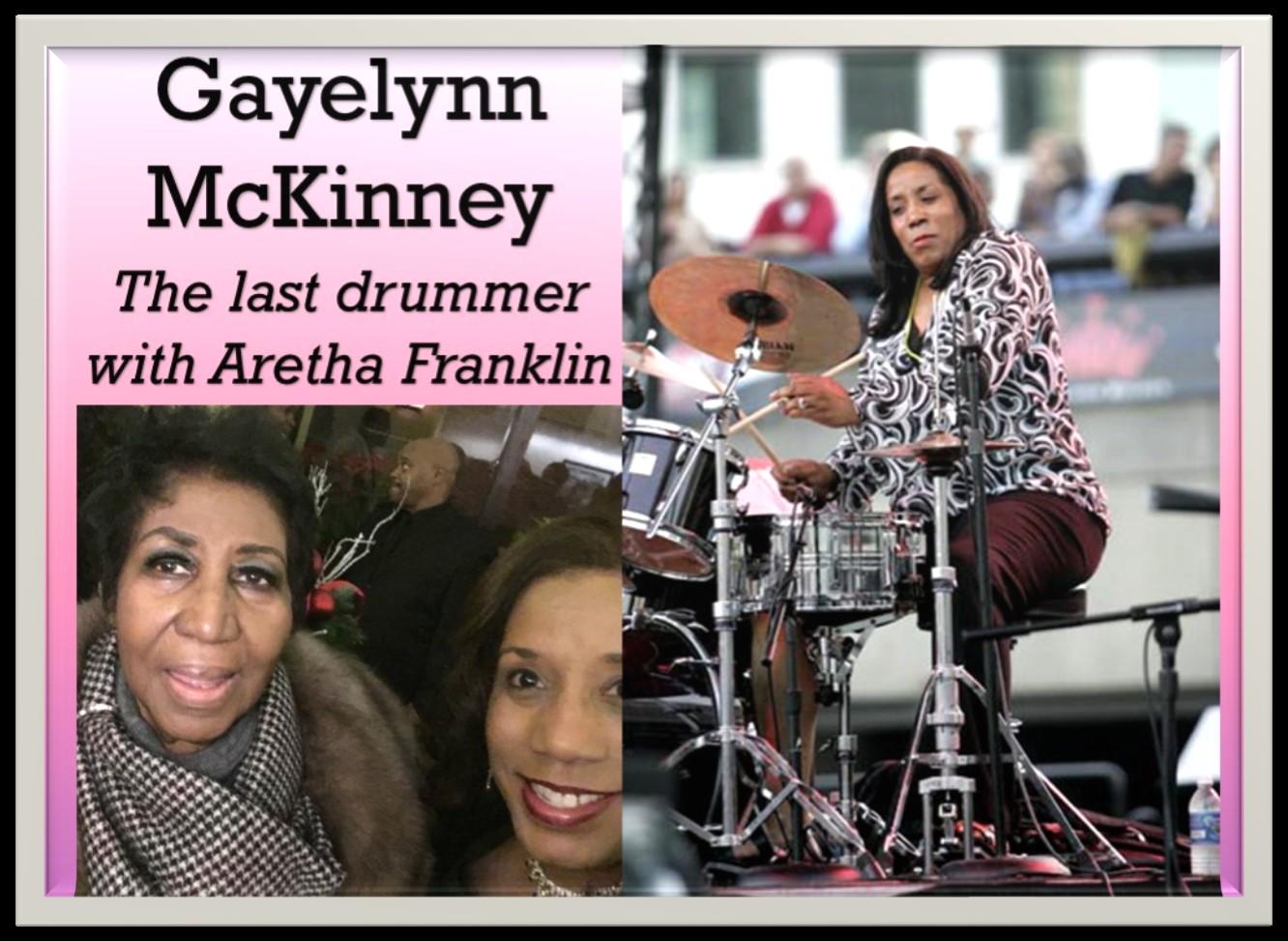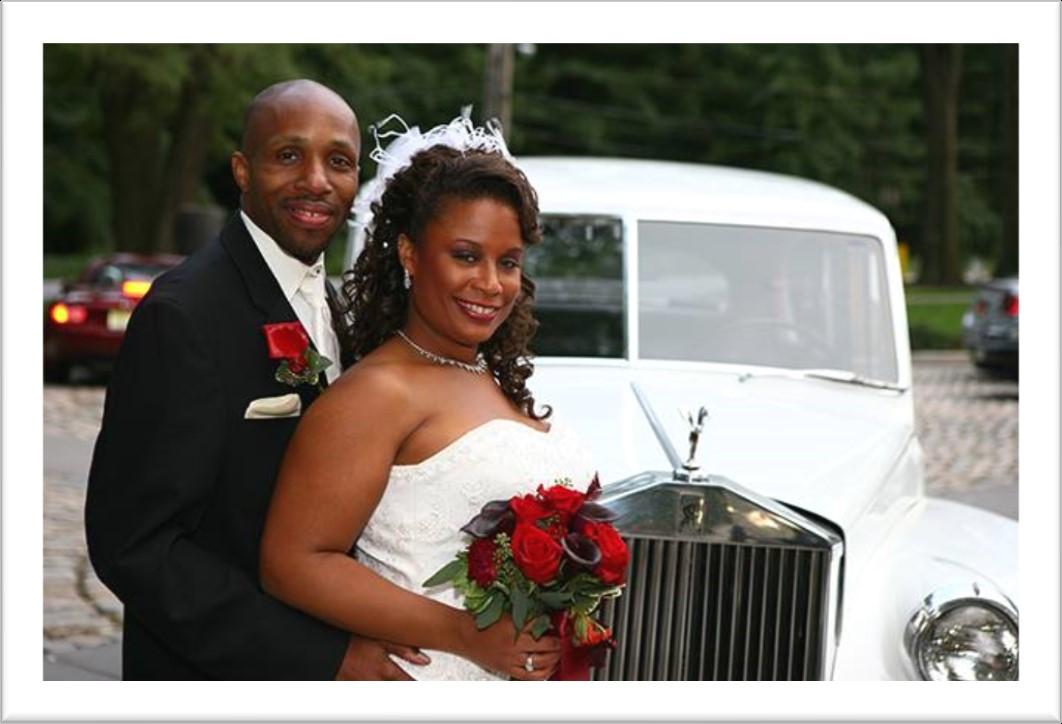
5 minute read
Musicwoman Magazine 2019
LADY C - Carol Chang in Shanghai, China

Interview by Mo Xing (December 19, 2018)
MX: Hi, Carol. Tell us, how did you come to music as a child?
CC: I was born into a very musical family. My mom was a professional singer. She's still singing. My grandfather played a little bit on the piano. So, when I was born, there was a piano in the house. Piano was my favorite toy and I heard my mom sing. Growing up, I had a lot of opportunity to see my mom perform. Since fifth grade, I studied pop and classical piano at the same time. I studied with my mom's piano player fromher band. Froma very young stage, I had the experience of how the professional musicians performed. I had a lot of exposure to them. I set up my goal to be a professional musician from very young.
MX: Did you study theory?
CC: Yes, I did. At 13 years old, my whole family moved to Los Angeles. I met a Taiwanese jazz musician who also had moved to America and was performing in Los Angeles. I met him through a piano store because we were selling pianos in the day time. That's how we found out he was a very famous Taiwan pianist. So, my grandfather took me to study with him.
MX: What was his name?
CC: Jimmy Wang. He was very famous in Taiwan, playing jazz in the sixties.
Donyale Renee (USA), Fred Grenade (Mauritious), Carol Chang (Taiwan), Antonio Ximenez (Spain), Eric Essama (Cameroun)
MX: Did you go to school to study music?
CC: Yes, Idid. After high school, Iwent to Groves School of Music located in Van Nuys, California. I studied with Dick Groves, the founder of the school. I studied piano,theory, and arrangement. Ireallylike swing and the nice feel of it. That was the first impression that I wanted to go into jazz.
MX: Do you write music?
CC: I have the ability to write music but, somehow, I never wrote any music?
MX: So, weneed to get you writingsome music. But as an instrumentalist, you are a very interesting person. I know that you were the leader of the CJW International Band. Is that correct?
CC: Yes, I took this job 15 years ago. The club owner is someone I knew from Taiwan, Eric, who moved to Shanghai to start their music club and restaurant. That's how I came. I didn't know that the set up of the band was international. They wanted a singer from America and international musicians capable of performing jazz entertainment. So, that's how I came to Shanghai and I didn't know I would stay here this long.
MX: Well, I have to tell you that one of the heights of my career was coming to sing with the band at CJW Club. I only got to work with you at the top of the Westin Hotel on Sundays. Sandra Kaye brought me there and I will ever be beholding to her for bringing me to you. I hope that some of our other members will get to work with you in the future.
Have you ever had any challenges being a female musician with men?
CC: All the time. Especially, with the musicians from New York because they're performingjazz inShanghai. Webrought in a lot of musicians who play jazz in America. So, before they really know me,
they came here with the preconception of "Let me show you what jazz is."
Actually, someone did tell me "Let me show you how this should be." Then, after a few weeks of playing together, I thought, "I'm not as bad as I thought." At the beginning, I was a little intimidated because, even though Igrewupin America, I never played professionally in America.
So, when I took this job, first of all, we didn't know where to find the musicians. Secondly, we didn't know who we really brought in because we didn't know these people. They were referred by friends, one by one. So, the first three years were very hard for me to be the musical director because of the lack of resources. At that time, jazz was not Chinese music. It didn't belong to that environment. So, to create this club for the audience to understand. There was always this distance. It was very hard to make people understand what we were doing. Slowly, we did a little bit of blending to make it friendlier for everyone who comes to the club. Finally, we found the right combination of everything but still in a jazzy place.
MX: Eric Wyatt was here when I was here. He was a good saxophonist from New York. Did you have others, not just from New York, but other American musicians who worked well with you?
CC: Almost everyone who came. Everybody works well because, somehow, I had to find a way to bring out everyone's, the good part of every person and try to avoid the weaknesses. So, I found my way to manage so we could stay together like a group and start to like each other for three months. And, peacefully, we can get the job done and create some music together. Everyone comes from different places and have different personalities. Jazz is such a personal music. We carry the personality in the music.
So, it makes a very interesting combination every time I change a player. That makes a new band. I think I learned so much from







